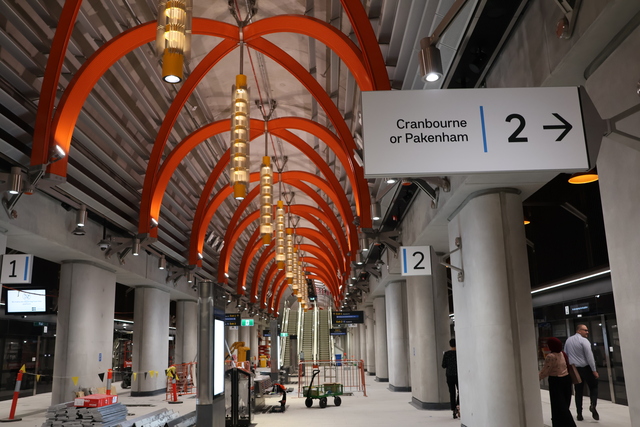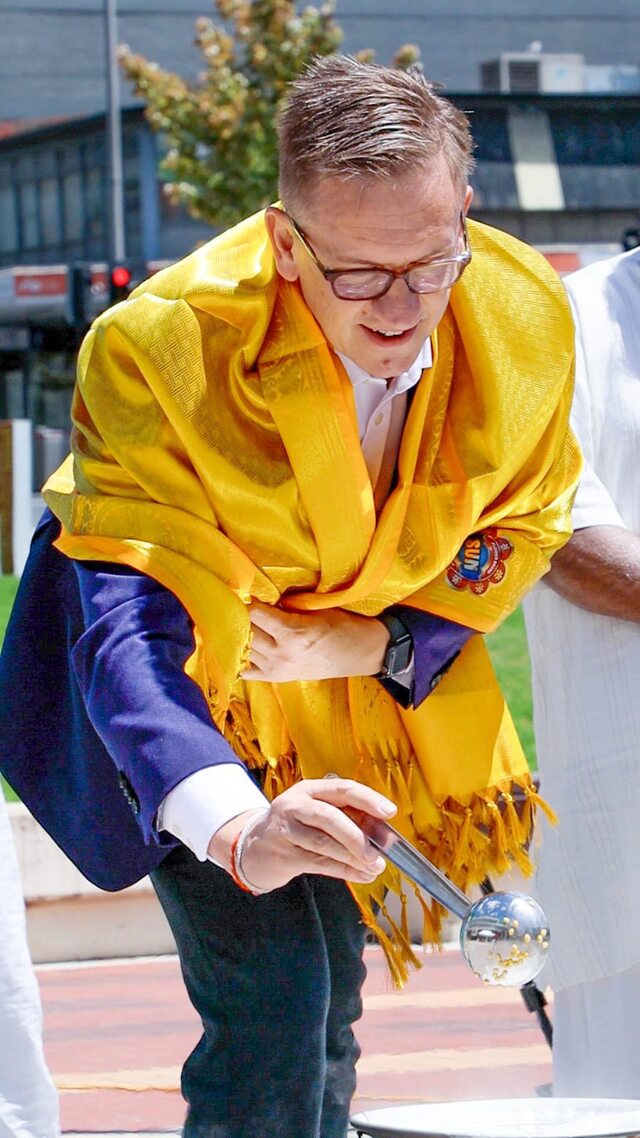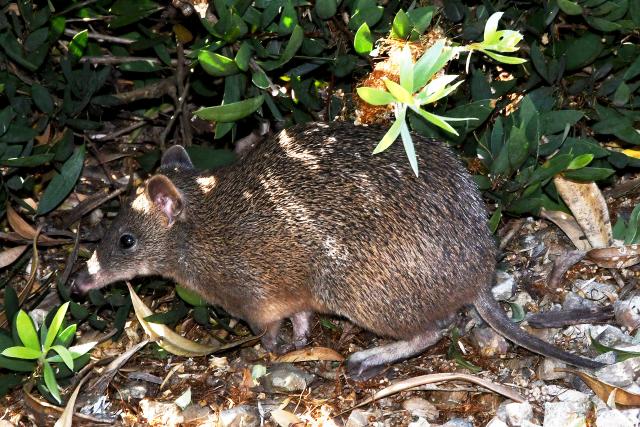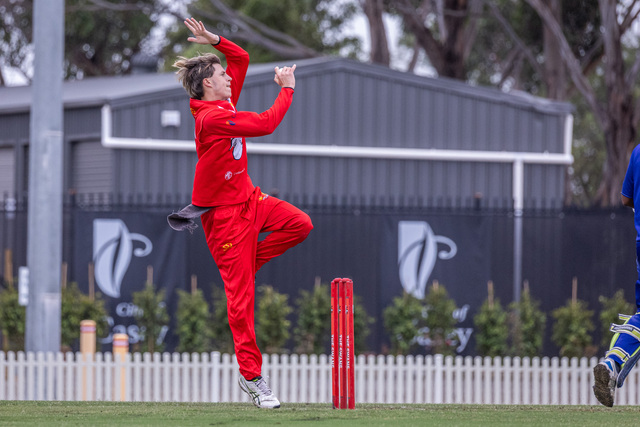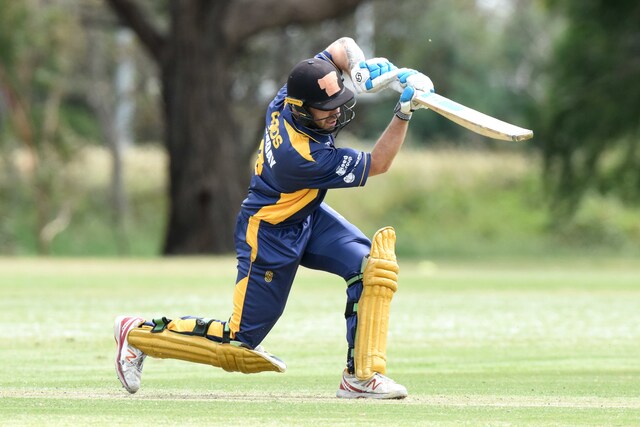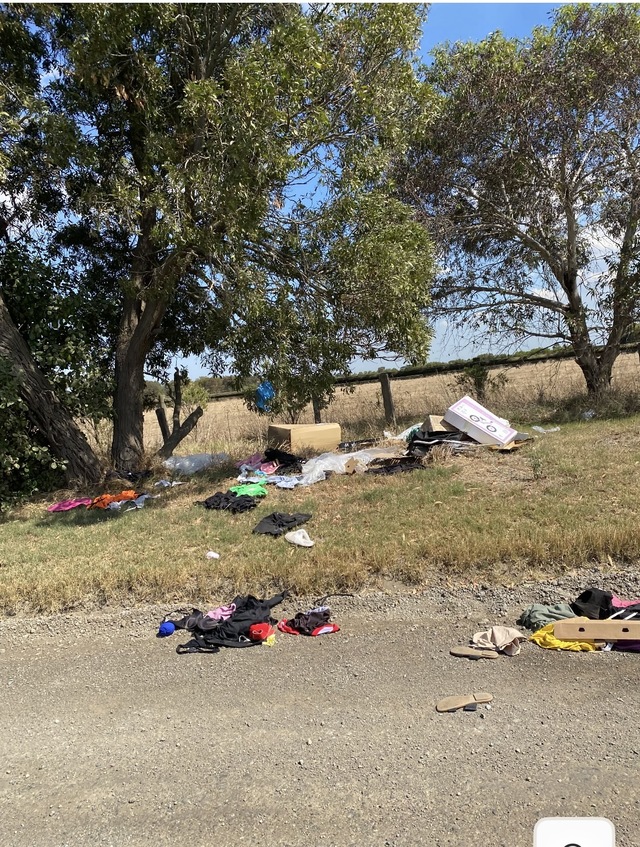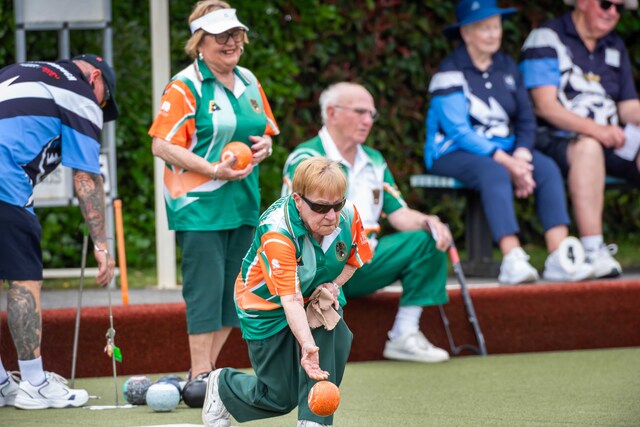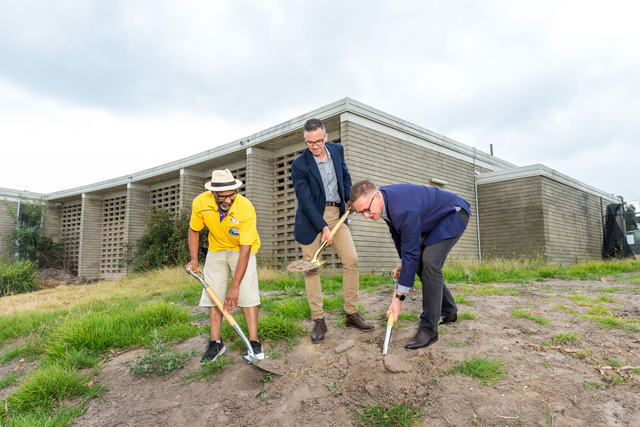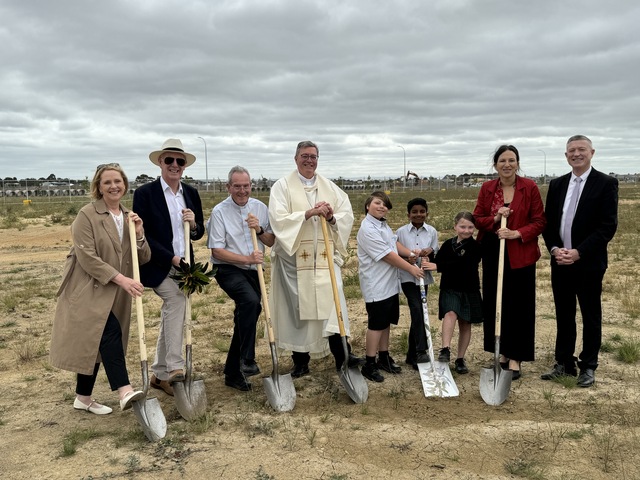A Dandenong migration agent has welcomed the 12-month extension of visas for evacuees from Taliban-run Afghanistan.
Thay Horn Yim said the extension of the three-month evacuee visa (subclass 449) in November was “good news” as many were due to expire.
However Mr Yim said the “bad news” was that none of 3000 humanitarian visas promised by the Federal Government had yet been allocated.
They cover a fraction of the 26,000 that had applied for humanitarian visas as of mid-November, with a further 6000 seeking protection, according to the Department of Home Affairs.
Home Affairs department first secretary David Wilden told a Senate inquiry on 15 November that the humanitarian visa processing should be done before Christmas.
“Obviously, when we receive such a large number in a very short space of time, there are delays.”
He said Home Affairs Minister Alex Hawke and the government were considering how many more places would be added to the 3000 – which was a “floor”, not a “ceiling” for Australia’s commitment.
“No matter whether it’s 3,000 or more, it’s going to be significantly less than the number of applications we have in.”
Mr Wilden said the visas would prioritise locally engaged employees in Afghanistan, people at particular risk, women at risk, and people with close links to Australia.
As of mid November, 3568 evacuees with temporary 449 visas had arrived in Australia.
More than 2000 holders of a 449 visa were still overseas, with an unspecified number still in Afghanistan.
At the Senate inquiry, academic expert Dr Nematullah Bizhan urged Australia to increase its Afghanistan refugee intake to at least 20,000 and speed up humanitarian visas.
“An increasing number of people who worked in civil society with the previous government or with the international community in Afghanistan are at risk of persecution and execution.
Dr Bizhan said many couldn’t see hope to sustain themselves because of the “harsh” economic situation.
“The situation in Afghanistan is grim, quite dark.
“But one fact we can’t deny is that, in the last two decades, society has been transformed in Afghanistan. The Taliban are pursuing the same policies they had in the nineties, but the people are different.
“So now we hear that women are protesting and making demands of the Taliban. At the moment, that protest is being repressed—not only through force but also through economic means.”
Department of Foreign Affairs and Trade first assistant secretary Gary Cowan told the inquiry that Australia announced a $100 million humanitarian support package including food and shelter, health clinics and protection of women and girls.
The government would also support countries neighbouring Afghanistan to support refugees and mitigate people smuggling.
The Federal Government recently granted an exemption for 449-subclass visa holders to apply for refugee visas that are normally only be applied for outside Australia.
Applicants won’t have to prove an “ongoing risk of harm in Afghanistan” for the refugee 201 visa.
Public interest criteria such as character and health will still apply.


